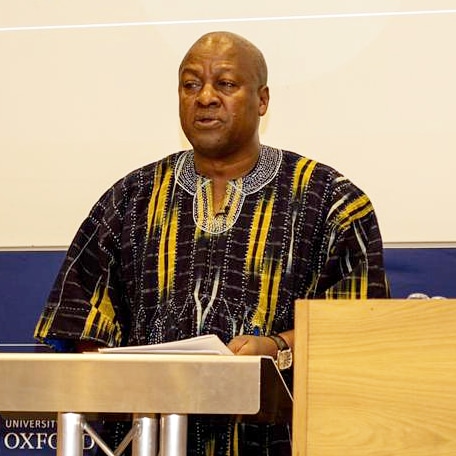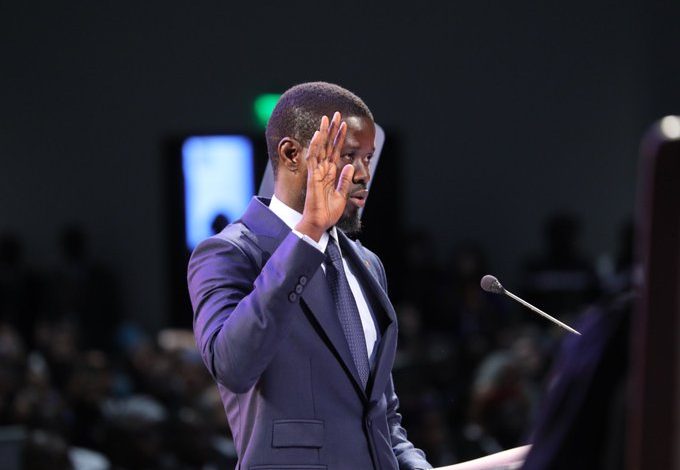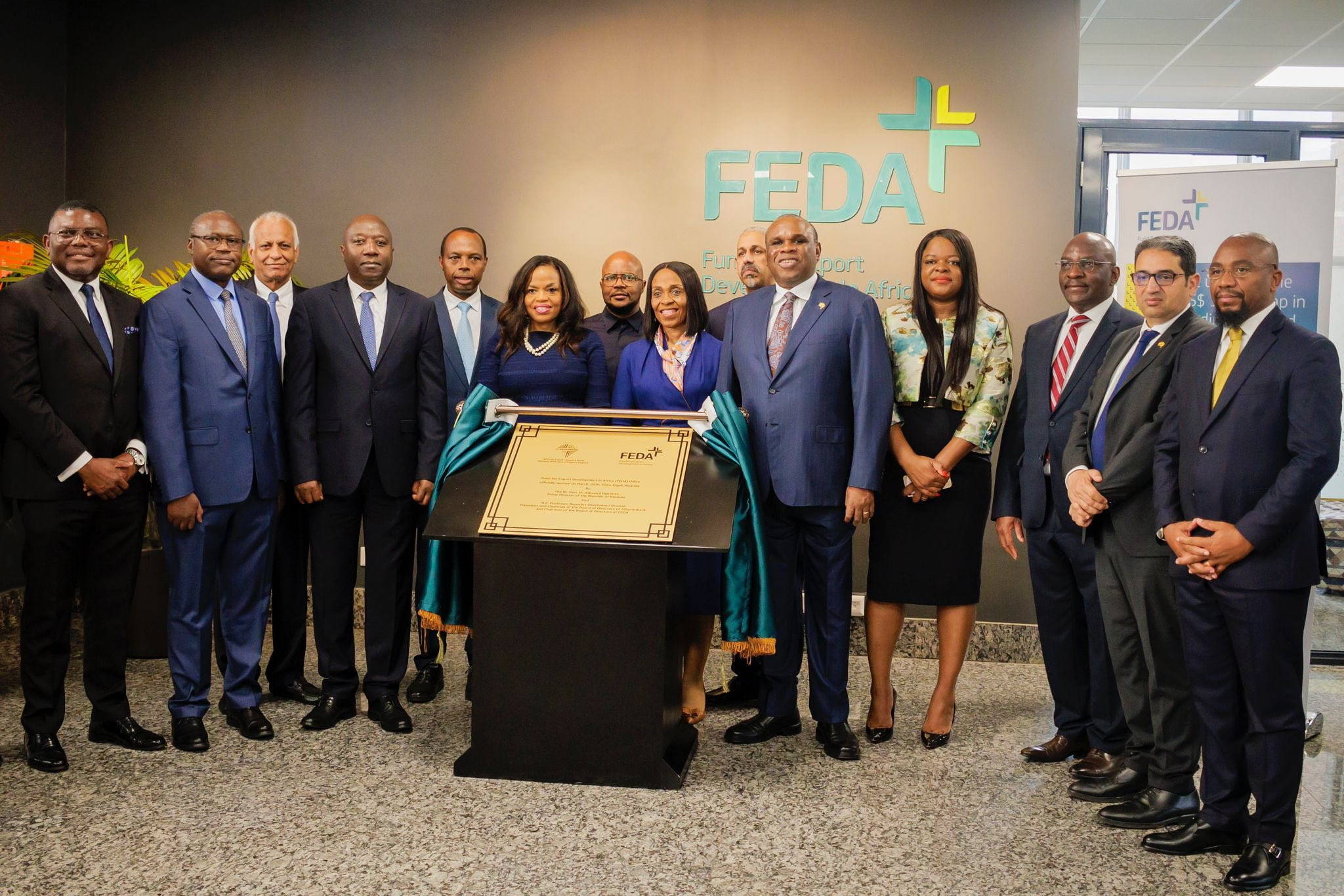Sen. Bernie Sanders announced Tuesday he is a candidate for president in 2020.
Sanders, 77, made his decision known with an online video and separate email blast to millions of supporters.
NBC5’s Stewart Ledbetter obtained the announcement Monday night before it was announced publicly.
Sanders addresses his email to “Sisters and Brothers.
“I am writing to let you know I have decided to run for president of the United States.”
The email asks for a grassroots campaign of at least one million supporters across the country.
By Tuesday evening, aides said he had signed up more than 250,000 volunteers — and received 100,000 campaign donations.
“Our campaign is not only about defeating Donald Trump, the most dangerous president in modern American history,” Sanders writes. “It is not only about winning the Democratic nomination and the general election.”
The campaign email carries the many themes Sanders has championed since he announced his previous presidential campaign in 2015.
“Our campaign is about transforming our country and creating a government based on the principles of economic, social, racial and environmental justice,” Sanders writes. “Our campaign is about taking on the powerful special interests that dominate our economic and political life.”
He says he will take on Wall Street, health insurance companies, drug companies, the fossil fuel industry, the military industrial complex, the private prison industry and the multinational corporations that he says exert an enormous influence over Americans’ lives.
“Our campaign is about redoubling our efforts to end racism, sexism, homophobia, religious bigotry and all forms of discrimination,” Sanders writes. “Our campaign is about creating a vibrant democracy with the highest voter turnout of any major country while we end voter suppression, Citizens United and outrageous levels of gerrymandering.”
He says his campaign is about creating a government and economy that work for the many, not the few.
“We are the wealthiest nation in the history of the world,” Sanders writes. “We should not have grotesque levels of wealth inequality in which three billionaires own more wealth than the bottom half of the country.”
He says 30 million Americans live without health insurance and even more who are underinsured.
“We should not have an economy in which tens of millions of workers earn starvation wages and half of older workers have no savings as they face retirement,” Sanders writes. “We should not have the highest rate of childhood poverty of almost any major country on Earth and a dysfunctional childcare system which is unfair to both working parents and their children.”
He says the American tax system benefits large corporations, like Amazon.
“Make no mistake about it. The powerful special interests in this country have unbelievable power and they want to maintain the status quo,” Sanders writes. “They have unlimited amounts of money to spend on campaigns and lobbying and have huge influence over the media and political parties.”
He calls the political environment a pivotal and dangerous moment in American history and calls out President Trump.
“We are running against a president who is a pathological liar, a fraud, a racist, a sexist, a xenophobe and someone who is undermining American democracy as he leads us in an authoritarian direction,” Sanders writes. “I’m running for president because, now more than ever, we need leadership that brings us together — not divides us up. Women and men, black, white, Latino, Native American, Asian American, gay and straight, young and old, native born and immigrant. Now is the time for us to stand together.”
He says the government needs to operate for working families and the middle class.
“We need a president who understands that we can create millions of good-paying jobs, rebuild our crumbling infrastructure and construct the affordable housing we desperately need,” Sanders writes. “I’m running for president because we need trade policies that reflect the interests of workers and not multi-national corporations.”
He renews his call for a $15 minimum wage, Medicare-for-all and paid family leave.
“I’m running for president because a great nation is judged not by how many billionaires and nuclear weapons it has, but by how it treats the most vulnerable — the elderly, the children, our veterans, the sick and the poor,” Sanders writes. “I’m running for president because we need to make policy decisions based on science, not politics.”
He says he believes climate change is real and calls it an existential threat to America and the planet.
Sanders adds he plans to create massive job creation by transforming the energy system from fossil fuels to sustainable sources.
He also outlines his education policy, saying America needs to eliminate student debt and provide free tuition to students at state colleges and universities.
“I’m running for president because we must defend a woman’s right to control her own body against massive political attacks taking place at the local, state and federal level,” Sanders writes. “I’m running for president because we need real criminal justice reform. We need to invest in jobs and education for our kids, not more jails and incarceration.”
He calls for ending the war on drugs, eliminating private prisons and cash bail and reforming local police departments.
“I’m running for president because we need to end the demonization of undocumented immigrants in this country and move to comprehensive immigration reform,” Sanders writes. “We need to provide immediate legal status for the young people eligible for the DACA program and develop a humane policy for those at the border who seek asylum.”
He wants to take on the NRA to end gun violence by expanding background checks, ending the gun show loophole and banning the sale and distribution of assault weapons.
“I’m running for president because we need a foreign policy which focuses on democracy, human rights, diplomacy and world peace, Sanders writes. “The United States must lead the world in improving international cooperation in the fight against climate change, militarism, authoritarianism and global wealth inequality.”
He says his progressive policies are now supported by a majority of Americans.
“Together, you and I and our 2016 campaign began the political revolution,” Sanders writes. “Now, it is time to complete that revolution and implement the vision that we fought for.”
He ends by saying he can defeat Trump and begin repairing “the damage he has done to our country.”
Sanders signs his email announcement: “In solidarity.
“Brothers and sisters, if we stand together, there is no limit to what we can accomplish.”
Sanders served as the Mayor of Burlington from 1981 to 1989.
He was first elected to the U.S. House of Representatives in 1990.
Sanders was elected to the U.S. Senate in 2006 and serves with Democratic Sen. Patrick Leahy.
Sanders won re-election to the Senate in 2018 with a 2-to-1 vote margin over Republican Lawrence Zupan.
He describes himself as a Democratic Socialist.
Sanders lost the Democratic nomination for president in 2016 to former Secretary of State Hillary Clinton.
He won 23 primaries and 1,865 delegates to Clinton’s 34 primary wins and 2,842 delegates.
Sanders spoke at the Democratic National Convention in Philadelphia and called for party unity behind Clinton.
He is the tenth major candidate to declare candidacy for the 2020 election.
Sanders begins his campaign with about $13 million already in the bank.
He raised more than $1 million more within hours of announcing his candidacy.
Right now, Trump is the oldest president in U.S. history at 72.
If Sanders wins in 2020, he would break that record — at 79 years old.
NBC5 News

 News6 years ago
News6 years ago
 Featured6 years ago
Featured6 years ago
 Boss Picks6 years ago
Boss Picks6 years ago
 Headline6 years ago
Headline6 years ago
 Headline6 years ago
Headline6 years ago
 Headline5 years ago
Headline5 years ago
 Headline6 years ago
Headline6 years ago
 Headline6 years ago
Headline6 years ago













